Tim Requarth is director of graduate science writing at the Vilcek Institute of Graduate Biomedical Sciences at the NYU Grossman School of Medicine, as well as research assistant professor of neuroscience and physiology.
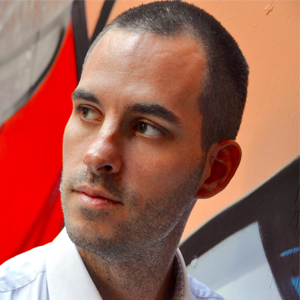
Tim Requarth
Director of graduate science writing, Research Assistant Professor of Neuroscience and Physiology
NYU Grossman School of Medicine
From this contributor
Keeping it personal: How to preserve your voice when using AI
To harness the workmanlike prose of artificial intelligence while maintaining a recognizable style, use it as an analyzer rather than as a writer.
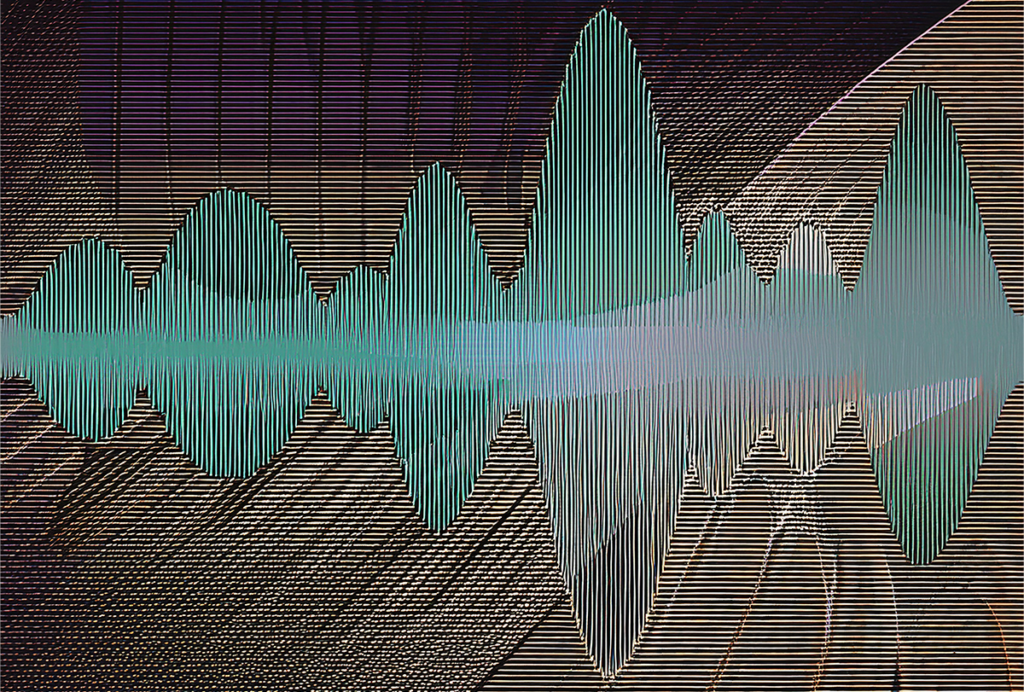
Keeping it personal: How to preserve your voice when using AI
From bench to bot: How important is prompt engineering?
To draft the most effective prompt, assume the stance of teacher.

From bench to bot: How important is prompt engineering?
From bench to bot: Does AI really make you a more efficient writer?
A more significant benefit may lie in improving quality, refining tone and reducing cognitive burden. But beware of bias.
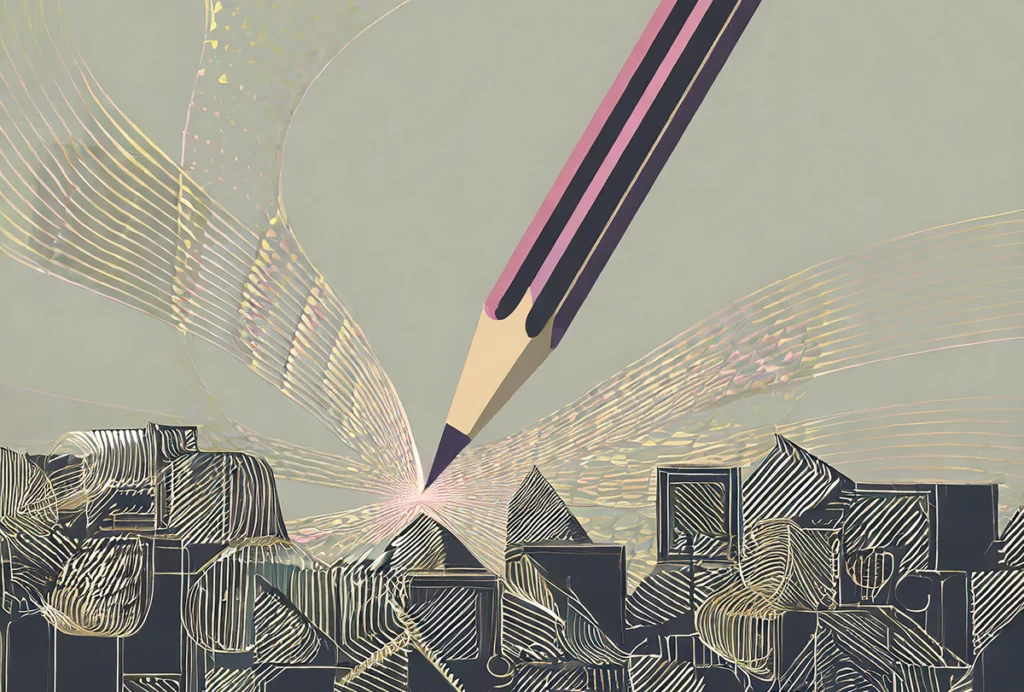
From bench to bot: Does AI really make you a more efficient writer?
From bench to bot: Boost your writing with AI personas
Asking ChatGPT to review your own grant proposals can help you spot weaknesses.
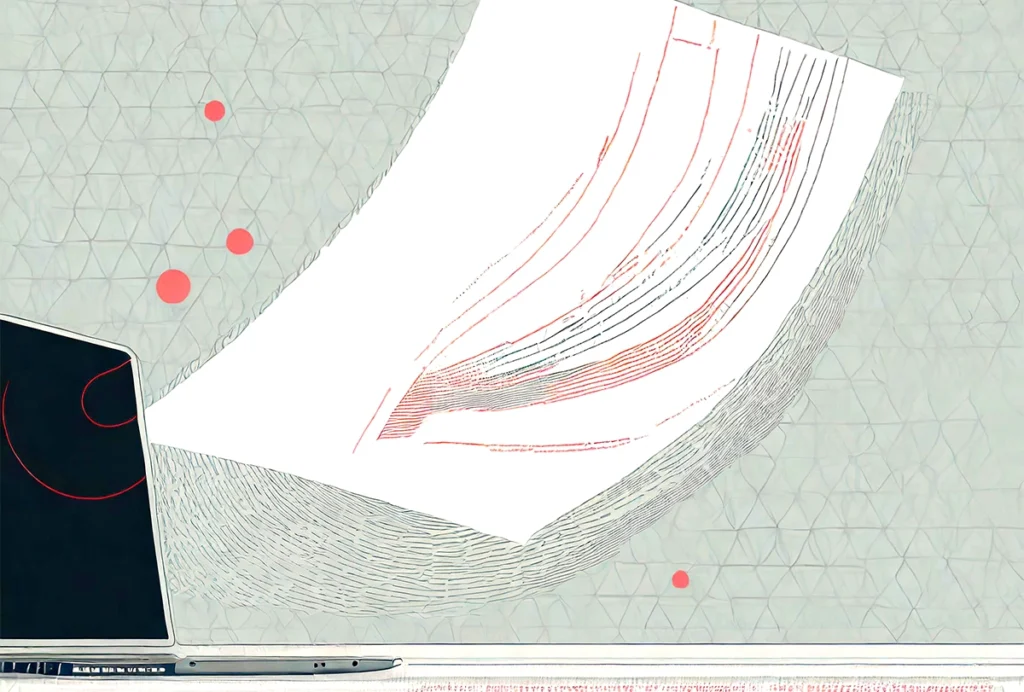
From bench to bot: Boost your writing with AI personas
From bench to bot: How to use AI to structure your writing
When given specific examples, ChatGPT can generate templates to help guide different types of documents.
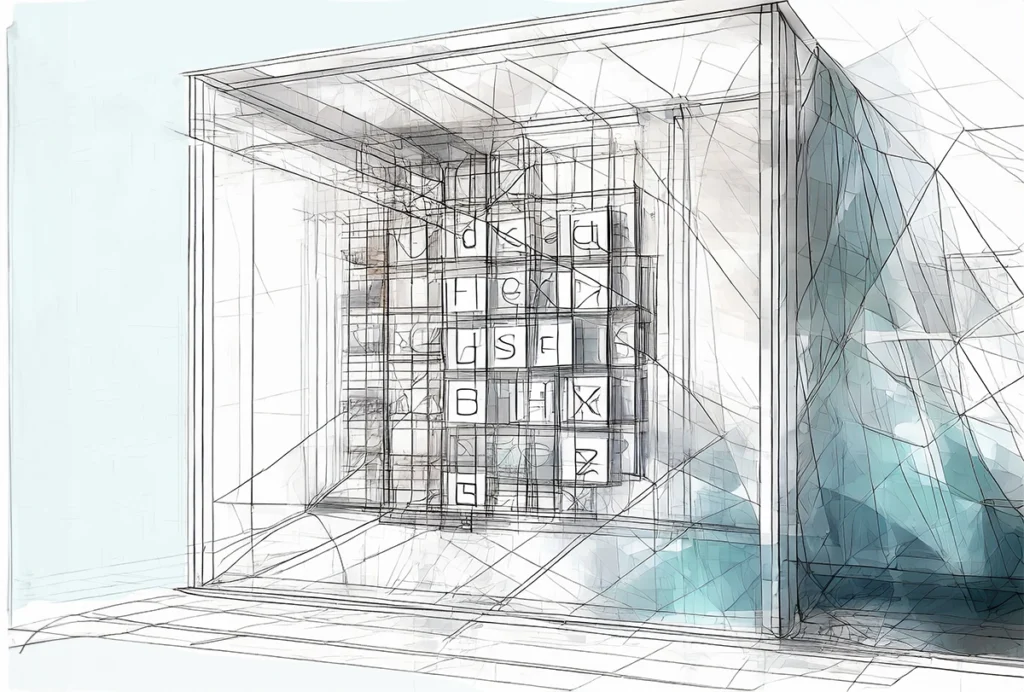
From bench to bot: How to use AI to structure your writing
Explore more from The Transmitter
Are brains and AI converging?—an excerpt from ‘ChatGPT and the Future of AI: The Deep Language Revolution’
In his new book, to be published next week, computational neuroscience pioneer Terrence Sejnowski tackles debates about AI’s capacity to mirror cognitive processes.
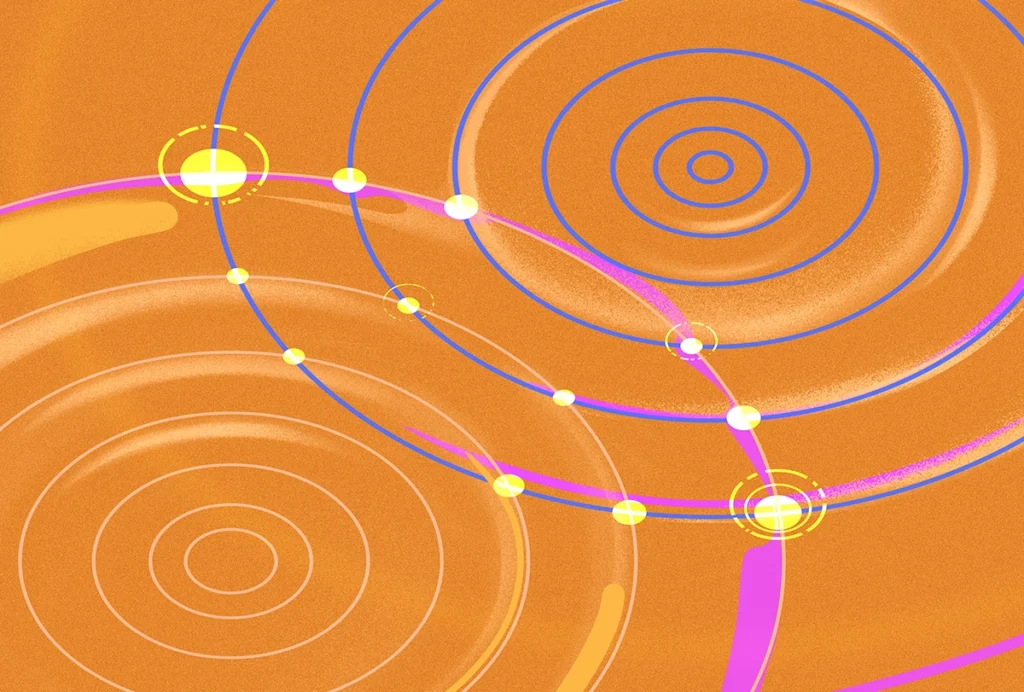
Are brains and AI converging?—an excerpt from ‘ChatGPT and the Future of AI: The Deep Language Revolution’
In his new book, to be published next week, computational neuroscience pioneer Terrence Sejnowski tackles debates about AI’s capacity to mirror cognitive processes.
Hessameddin Akhlaghpour outlines how RNA may implement universal computation
Could the brain’s computational abilities extend beyond neural networks to molecular mechanisms? Akhlaghpour describes how natural universal computation may have evolved via RNA mechanisms.
Hessameddin Akhlaghpour outlines how RNA may implement universal computation
Could the brain’s computational abilities extend beyond neural networks to molecular mechanisms? Akhlaghpour describes how natural universal computation may have evolved via RNA mechanisms.
Immune cell interlopers breach—and repair—brain barrier in mice
The choroid plexus, the protective network of blood vessels and epithelial cells that line the brain’s ventricles, recruits neutrophils and macrophages during inflammation, a new study shows.
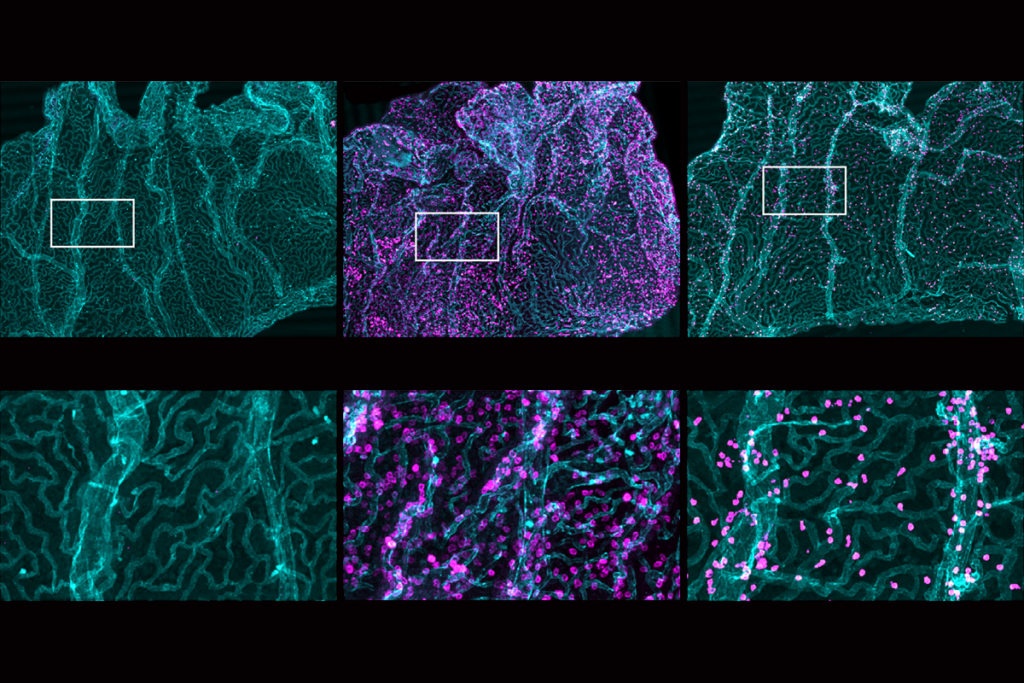
Immune cell interlopers breach—and repair—brain barrier in mice
The choroid plexus, the protective network of blood vessels and epithelial cells that line the brain’s ventricles, recruits neutrophils and macrophages during inflammation, a new study shows.